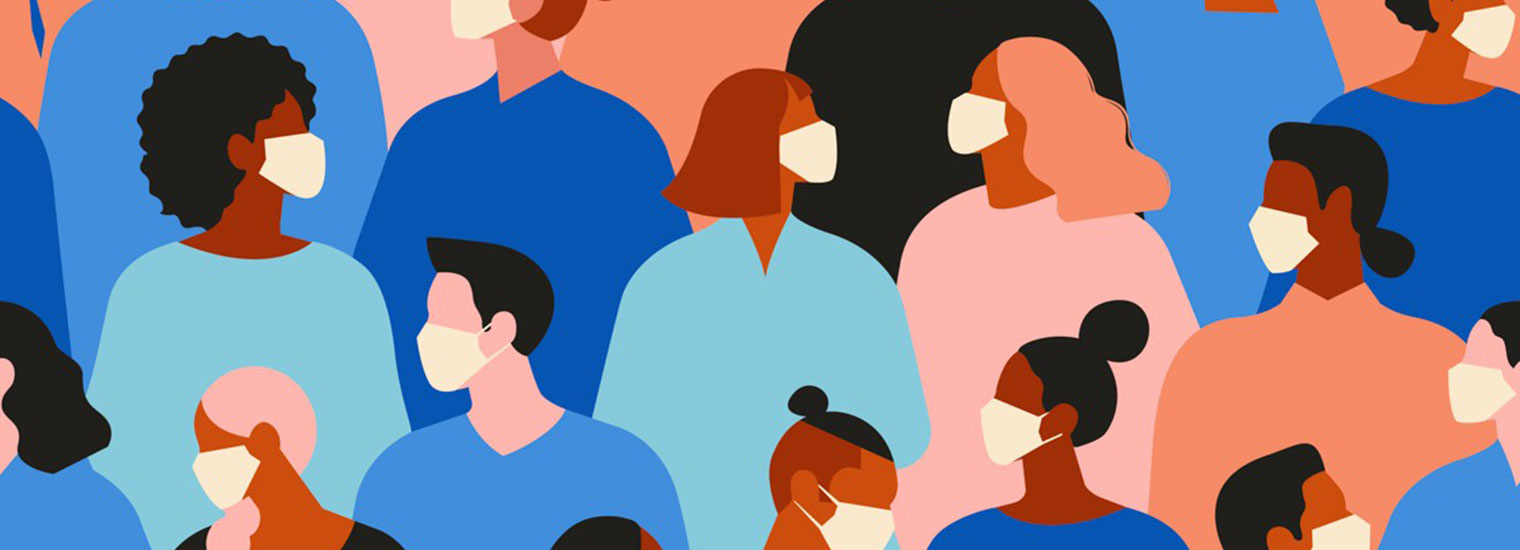As we navigate everyday life in the midst of battling COVID-19, our thoughts naturally migrate to what medicine might look like when the pandemic is over.
As the new norms of social distancing, virtual meetings, and little to no human contact continue, we cannot help but wonder if these new social norms will become permanent behavior patterns.
And if so, what implications they may have for the physician and patient alike.
Humans are a social species, reliant on facial expressions, body language, and voice intonations to comprehend the subtle messages being conveyed with each person to person interaction.
When these cues are removed or dampened by masks, face shields, and full PPE, we lose a portion of our human connectedness.
If we add virtual communication in the form of telemedicine to the mix, the distance between each other grows farther.
The pros of telemedicine vs. physician to patient direct contact include:
Safety. Healthy patients are prevented from interacting with sick patients.
In addition, those who may not feel well can see their physician from the comfort of their own home.
Time efficiency for patients. Patients do not have to travel to see a physician in their office, nor do they need to lose work-time to see a physician.
Time management for physicians and patients. In a society where being a single parent or being a family with both working adults are common situations, a physician and their patients can arrange virtual visits around their schedules that would better benefit both their family needs.
Hospital setting. Within the hospital setting, virtual medicine may result in more efficient rounds, allowing for a greater number of patients seen.
Patients may not need to wait as long to see their physician for their daily rounds, allowing for shorter length of stay.
Inaccessibility of care. Rural areas or areas devoid of certain specialists would benefit from telemedicine visits, delivering health care to populations in need of services.
The cons of telemedicine, though more abstract, include:
Human touch. The lack of human touch may result in less human interaction.
Artificial intelligence (AI). AI could take over a routine or sick visit by solely utilizing an algorithm based on the information given by the patient, rather than including the nuances found in a patient’s exam.
Physical exam. The inability to accurately physically examine a patient, within a virtual environment, may impede an accurate diagnosis.
Will the evolution of virtual medicine make these physical findings obsolete as physicians become more reliant on lab results and scans in replacement of the physical exam?
Mental health. Would telemedicine allow for the necessary emotional interactions necessary when dealing with mental health issues?
Hospital setting. Seeing your physician by virtual means within the hospital, may bring less comfort to the patient, making them feel less confident in the diagnosis and plan.
As listed above, neither the pros nor cons have a decisive win.
It is nearly impossible to say one is better equipped in the practice of medicine vs. the other in the current environment.
By saying this, however, we find ourselves at the crossroads, understanding that the form medicine takes will depend mostly on economic (insurance and corporate health care driven) factors.
As direct physician contact becomes more difficult due to cost, access, and availability, it’s doubtful that both modalities can be used symbiotically with any consistency.
Why the human interaction is a critical component within the art of practicing medicine?
Because the personal human touch is what’s most important in medicine.
In the pre-COVID-19 times, physicians-in-training learned their craft by paying attention to the small nuisances and gestalt that each patient’s encounter engendered.
The practice became part art, evolving differently with each patient, to offer the best individualized patient outcome possible.
This resulted in a practice more reliant on experience-based medicine rather than the algorithms presently used in evidence-based medicine, which utilized large population-based data vs. individual data.
Being able to utilize both methods may improve patient outcomes; however, the move away from experience-based practice has become almost a fete accompli, as it is much easier to learn cookbook medicine than to take the time to understand the individual medical needs of each patient encounter.
This further leaves the door wide open for virtual medicine to replace experience-based practice as evidence-based algorithms yield a better fit within the virtual model.
At this juncture in time, it seems like medicine will become more virtual-based, replacing most, if not all, person-to-person visits.
As we see this evolving, physicians will also be relegated towards more of a managerial position, where advanced practitioners will be the first line virtual encounters patients will have.
Physicians will then review the virtual visits and sign-off on the assessments and plans put forth.
The goal of cost-containment within medicine will then be met by utilizing physicians less often.
As in all areas of life, we must adapt.

Most people, physicians and patients alike, may not like how the world is evolving post-COVID-19.
However, as the patient numbers increase, the demands on time efficiency increase, and the cost of traditional medicine becomes prohibitive, we don’t really have many choices.
Hopefully, this evolution of medicine does not negatively impact diagnosis, treatments, and patient outcomes.
The paradigm shift is occurring and most probably unstoppable.
Will our health care and our lives improve with these inevitable changes?
The question is though, if this new care model will ever be as good as what it was being delivered by a physician-patient relationship.
It may be adequate, but “adequate” should not be the gold standard we expect in providing for the best patient care outcome possible.



